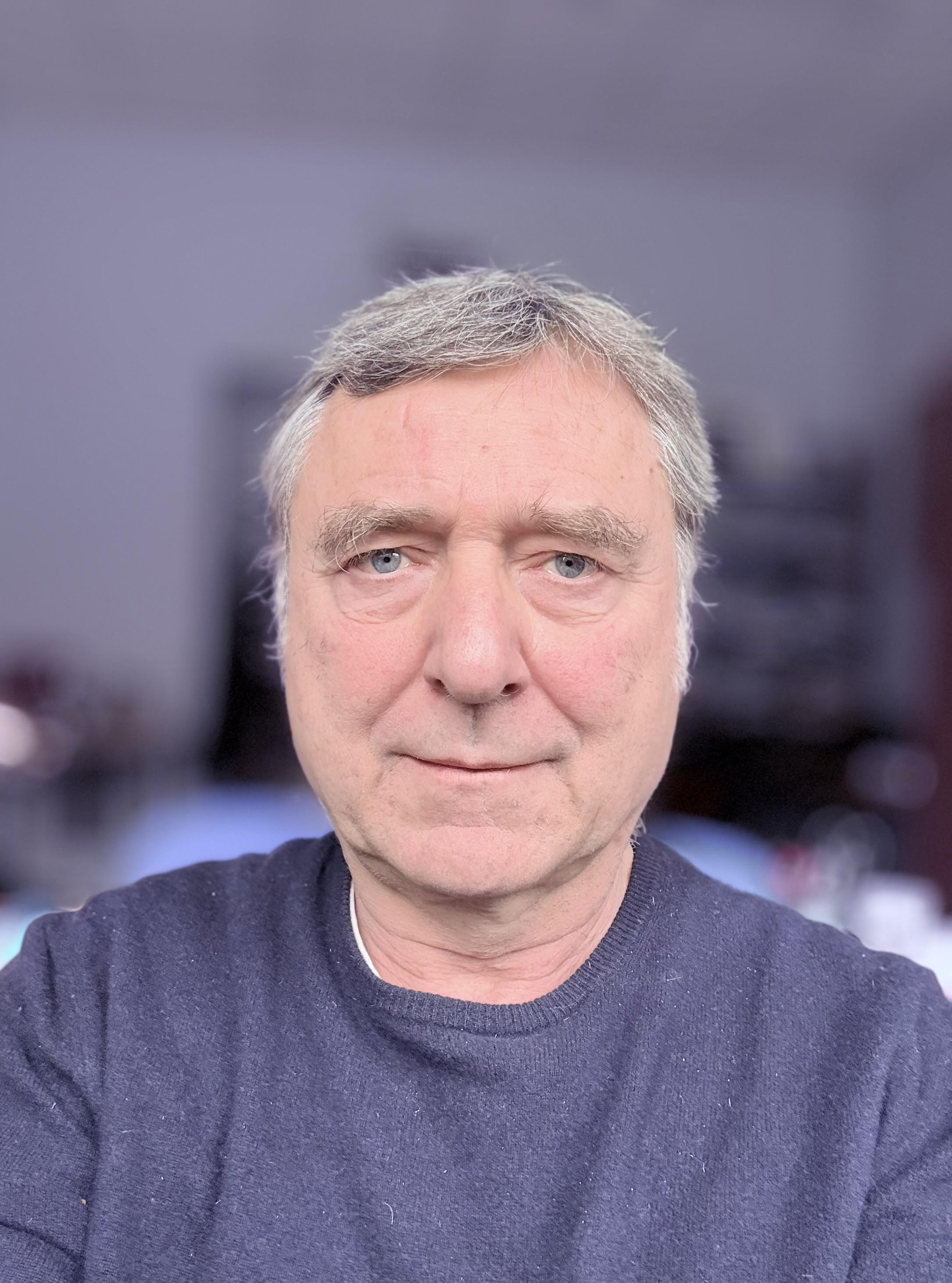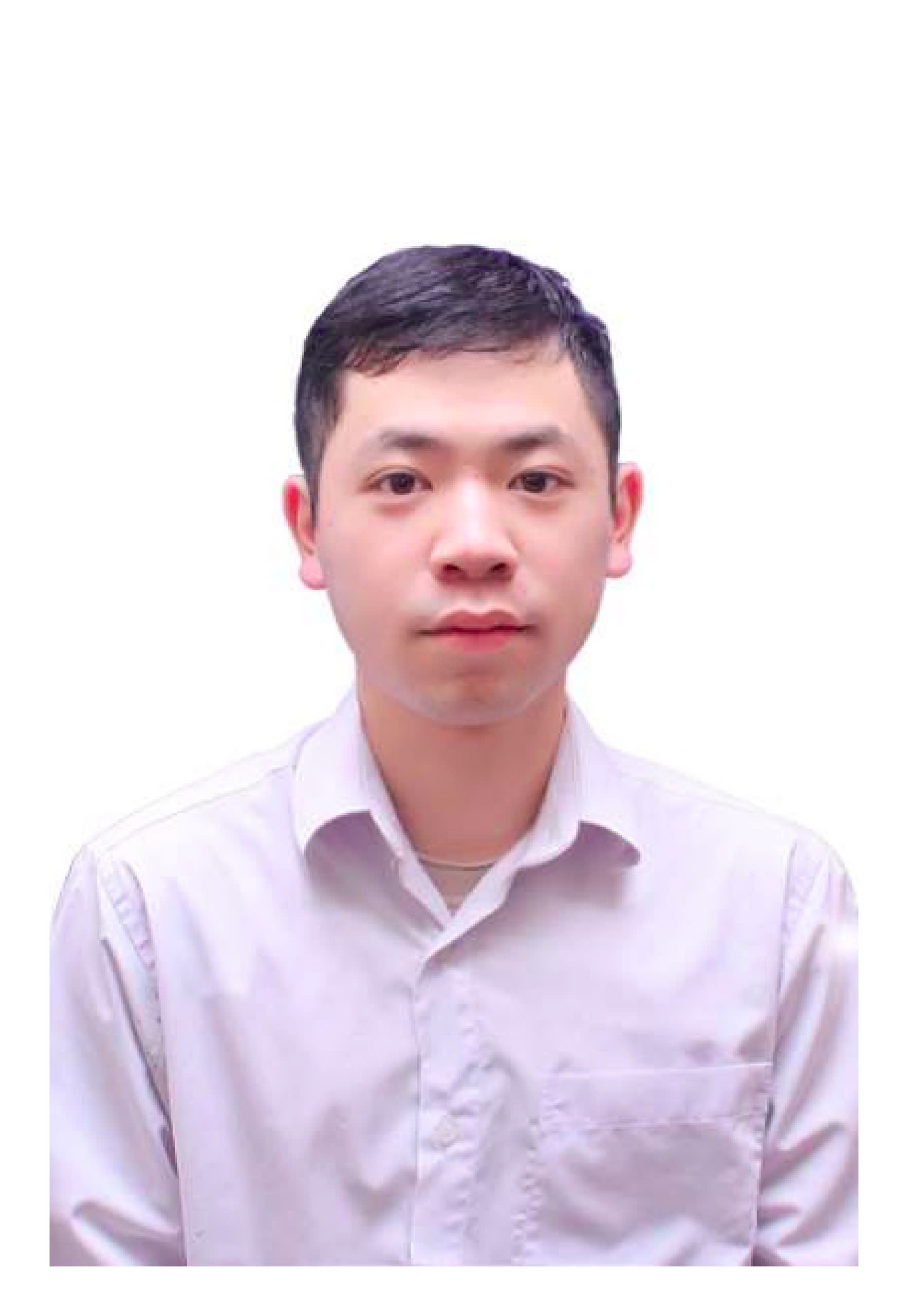Lecturer 1: Prof. Roger Lewandowski, University of Rennes, France
 |
- Short biography of Prof. Roger Lewandowski: Prof. Roger Lewandowski completed his Ph.D. degree in 1990 at Pierre and Marie Curie University (Paris VI). After that, he finished his HDR degree (Habilitation à diriger les recherches) in 1997 at the same place. He was an assistant professor at Ecole Normal Supérieure of Paris (1990-1991), an associate professor at University of Paris X (1991-1999), before becoming a professor at University of Rennes since 1999. In addition, he is well-known for his knowledge on mathematical fluid mechanics, turbulence modeling, mathematical Oceanography, functional analysis, partial differential equations, fluid dynamics, numerical analysis, computational mathematics and so on. For more details, please take a look on his personal webpage: https://perso.univ-rennes1.fr/roger.lewandowski/ - Title: Modeling and analysis of some turbulence models - Abstract: See the attached file |
Lecturer 2: Dr. Anh-Tuan Vu (Vũ Anh Tuấn), Hanoi University of Science and Technology, Vietnam
 |
- Short biography of Dr. Anh-Tuan Vu: Anh-Tuan Vu has been a lecturer at Hanoi University of Science and Technology since 2025. He earned his Ph.D. in 2023 from the University of Aix-Marseille, where he also spent his time as a postdoctoral researcher after doing his doctoral degree. He is interested in not only partial differential equations (PDEs) such as kinetic and fluid equations, but also some numerical method applied in PDEs. For more details, please take a look on his personal webpage: https://sites.google.com/view/anhtuanvupt95 - Title: An Introduction to the Kinetic Theory of Plasma Physics and the Vlasov Equation - Abstract: Kinetic theory is a branch of statistical physics that describes the collective behavior of many-particle systems. Kinetic theory was formalized through the work of Boltzmann and Maxwell at the end of the 19th century, building on earlier research in the thermodynamics of gases. The general idea behind the methodology of Kinetic Theory is as follows: many important physical systems consist of a large number of identical particles. We will focus on systems in which the microscopic behavior is governed by Newton's equations with pair interaction potentials. Due to the large number of particles, instead of studying the detailed microscopic description, we are interested in the collective behavior of the system, which arises on much larger space and time scales than those characterizing the microscopic dynamics. On such macroscopic scales, the system appears simpler and can usually be described by partial differential equations that provide a reduced picture for which the mathematical analysis is more feasible. This course aims to provide an introductory overview of various mathematical models for plasma processes and to explore some fundamental mathematical properties of the Vlasov equation. |

